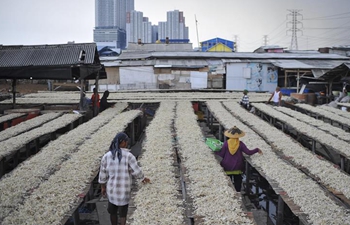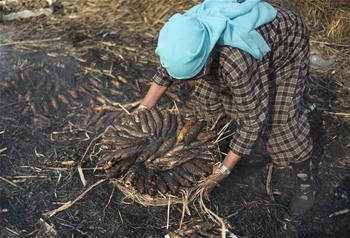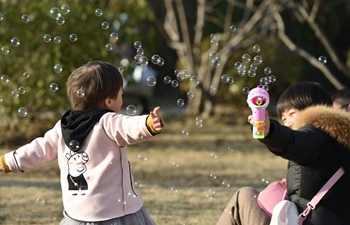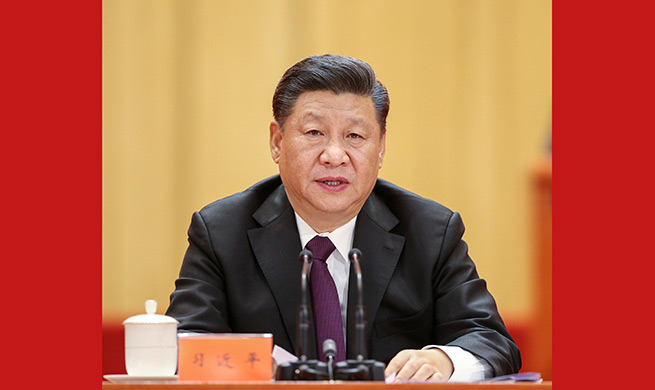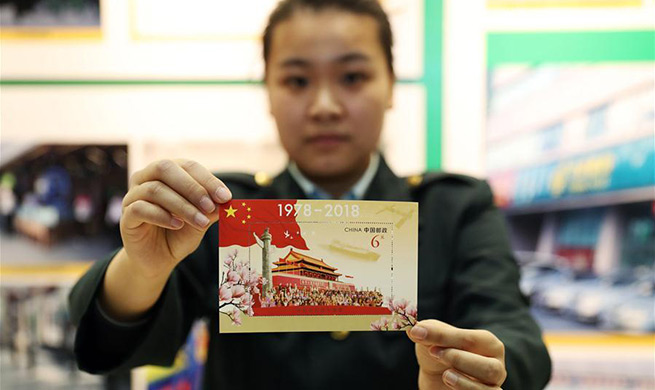SAN FRANCISCO, Dec. 18 (Xinhua) -- As overseas Chinese communities are commemorating the 1937 Nanjing Massacre this month, a director has brought his new film on Japanese wartime atrocities to the United States, saying it is still relevant to remember the history.
The documentary film "731" tells the history of Unit 731, the notorious Japanese army's biological warfare program during World War II, and the sufferings of war victims and survivors.
"I lived in China, and I'm very fond of China, the great civilization and great culture. This is something terrible (that) happened to them, and I want the stories of the victims to be told. I don't want these victims to be forgotten," said Paul Johnson, the film's director, on Tuesday.
The Canadian-American film director has recently brought the hour-long documentary to San Francisco for screening.
The Unit 731 troops were notorious for conducting human experiments in Northeast China's Harbin. It is regarded as one of the cruelest atrocities against humanity in the 20th century.
Before 1945, thousands of people, mostly Chinese civilians along with some Russians, Mongolians and Koreans, were killed from various cruel experiments at Unit 731, such as injecting prisoners with animal blood and horse urine, heating them to death, or spinning them with centrifuges until they died.
According to Johnson's research, the germ warfare was used to depopulate China. "This would be a cheap and effective way of doing it," he said.
However, the United States exempted the leaders of Unit 731 troops from trial in order to obtain the details of those human experiments for its own biological weapons work.
Johnson said researchers were still waiting for the declassification of the secret files by the U.S. government on Unit 731.
Although the crimes were committed eight decades ago, Johnson said it's always relevant to remember the history.
In the Bay Area, Bai Shichang, 85, could not forget how his family cried for several days after his brother, nine years old, was taken away by the Japanese soldiers in 1940 and never came back.
"The Japanese released cholera-infested rats into my brother's school, and many students fell ill, including my brother," said Bai, a native of China's Jilin Province. "They came and took my brother away for 'treatment'. But later we learned they experimented on him."
Bai shared his family's sufferings at a memorial service for the victims of Nanjing Massacre in San Francisco last week.
"Showing film is one thing, having opportunity to discuss the topics with people is also important," said Johnson.


